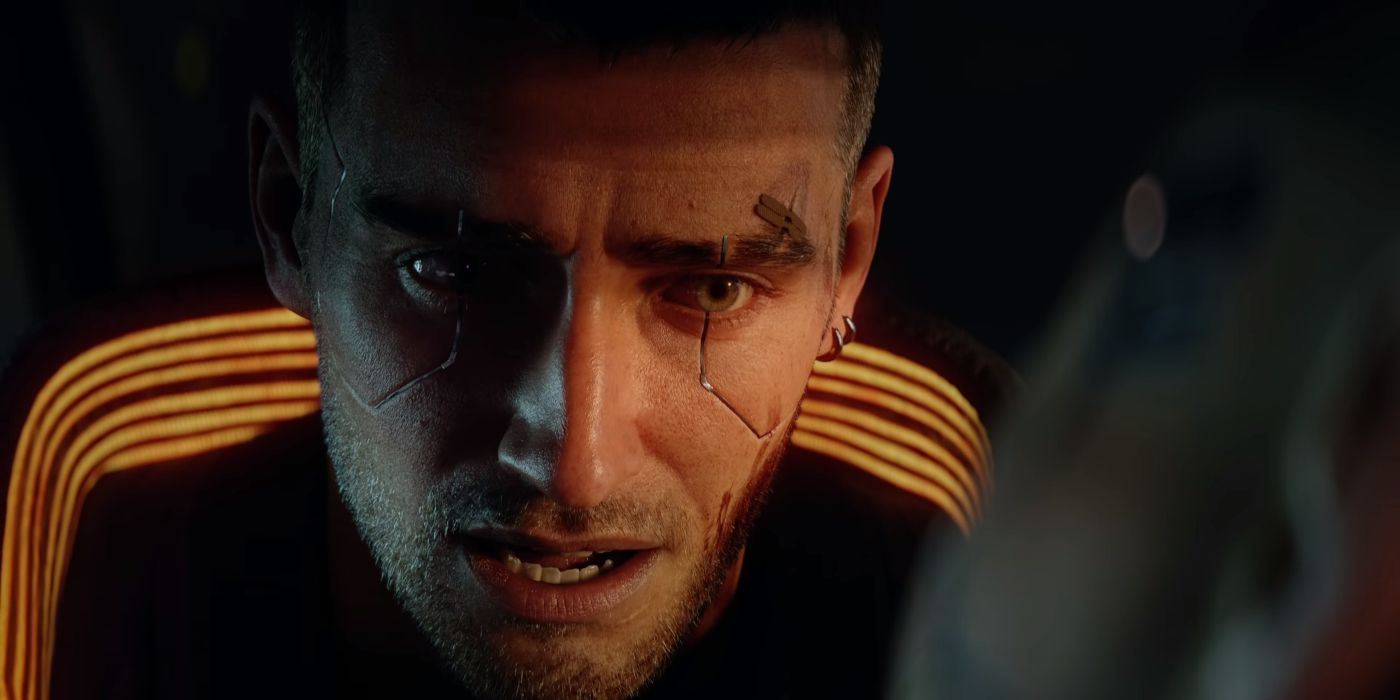A new report about the development of Cyberpunk 2077 has revealed an inefficient studio environment that encouraged crunch and wishful thinking, and a game that didn't enter full production until 2016. From Anthem to Marvel's Avengers to No Man's Sky, more and more highly anticipated games have launched in a state that feels less than complete. Some of these games end up eventually in a good place, but the reports coming out of their studios following their disastrous launches all sound eerily similar.
Cyberpunk 2077 took things a step further with an launch that is almost unplayable on the most popular consoles it released on. While the PC version of the game released with the type of bugs one might expect from a prominent open-world adventure, the PS4 and Xbox One versions run exceptionally poorly even now. The outrage from fans was swift, and Sony eventually removed the game from sale on the PlayStation Store. CD Projekt Red has apologized for the situation and vowed to continue working with Sony to restore the game, but it seems that the damage is done.
Jason Schreier has provided some answers for Bloomberg after interviewing over 20 current and former staff members at CD Projekt Red. In his report, staffers claim that the development of the game players recently received started in 2016 - even though it was announced back in 2012. Before then, a different game was being prototyped, one with a third-person camera view and other features that were cut out when studio head Adam Badowski took over the project as its new director. At E3 2018, a now-famous demo of the game was shown behind closed doors, but that "almost entirely fake" vertical slice was a separate project that took manhours away from the development of the actual game.
Although no one at CDPR responded to Schreier's requests for comment on his article before publication, Adam Badowski tweeted a response today, defending the studio and attempting to refute some of Jason's claims. He states that the vertical slice demo at E3 is typical of the entire industry and that it's impossible to present the game as it is two years out from release. He also defends the vision of the demo, saying that it led to high review scores on PC, which is where the game has received the least amount of criticism. He also argues that the sample size of Schreier's respondents is too small to make accurate claims about the general feelings inside the studio at any point during development, but he doesn't provide an alternative to Schreier's claims.
Whatever the case may be in the war of words between Schreier and Badowski, the fact remains that Cyberpunk 2077 didn't turn out how CDPR intended. Similar to other games that have recently stumbled out of the gate, there is a sense among those that worked on them that the higher-ups assumed that the project would come together even if things were falling apart.
That common thread speaks to issues with the way many AAA development studios operate, and to the technical complexity of ambitious games in 2021. There's little doubt that Cyberpunk 2077 will get to an acceptable state eventually, but that perceived to release the game before it was ready and the confidence that everything would be fine despite clear red flags should serve as learning lessons for other studios with huge projects underway.
Source: Jason Schreier, Bloomberg, Adam Badowski

